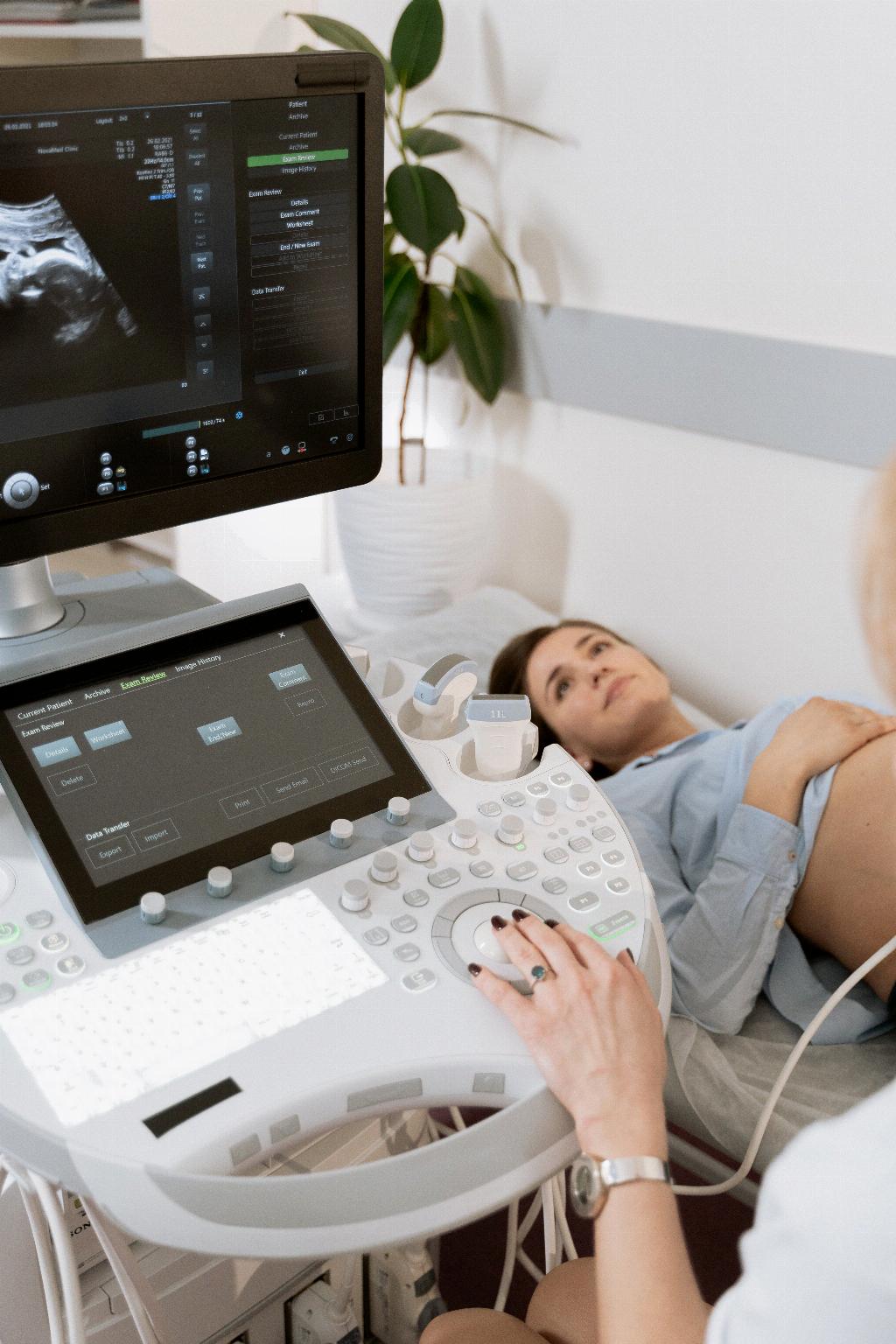When it comes to early pregnancy symptoms, sneezing might not be the first thing that comes to mind. However, it is a lesser-known but not uncommon symptom that can manifest due to various physiological changes in the body.
Increased Blood Flow to Mucous Membranes
During pregnancy, the body undergoes numerous changes to support the growing fetus. One notable change is the increase in blood flow to the mucous membranes throughout the body, including those in the nose.
Nasal Swelling and Congestion
As a result of the heightened blood flow, the nasal passages may swell, leading to congestion and increased production of watery discharge. This nasal congestion can trigger sneezing as the body tries to clear out the excess mucus.
Hormonal Fluctuations
Additionally, hormonal fluctuations during early pregnancy can also play a role in triggering sneezing. The surge in hormones like estrogen and progesterone can impact nasal membranes, potentially causing irritation and increased sensitivity.
Immune System Changes
Pregnancy alters the immune system to protect the developing baby, but this can also make pregnant individuals more susceptible to respiratory irritants, allergens, and infections that could trigger sneezing episodes.
Gestational Rhinitis
Some pregnant individuals may experience a condition known as gestational rhinitis, characterized by nasal congestion, runny nose, and sneezing without any other typical allergy symptoms. This condition is believed to be related to hormonal changes.
Managing Sneezing During Pregnancy
If sneezing becomes bothersome during early pregnancy, there are some strategies that may help alleviate symptoms. Using a saline nasal spray, maintaining proper hydration, and avoiding known triggers can all contribute to reducing sneezing episodes.
Consulting a Healthcare Provider
It is always advisable to consult with a healthcare provider if sneezing is persistent, accompanied by other concerning symptoms, or if there are any questions or doubts about its underlying cause. A medical professional can offer personalized advice and guidance.
Importance of Self-Care
Self-care practices, such as getting adequate rest, practicing good hygiene, and following a balanced diet, can also support overall well-being during pregnancy and potentially help alleviate symptoms like sneezing.
Monitoring Symptoms
Keeping track of sneezing episodes, along with any accompanying factors or patterns, can provide valuable information that can be shared with a healthcare provider during prenatal appointments for a more comprehensive evaluation.
Conclusion
In conclusion, while sneezing may not be commonly associated with early pregnancy, the physiological changes that occur during this period can contribute to this symptom. Understanding the potential reasons behind sneezing and taking proactive steps to manage it can help individuals navigate this aspect of pregnancy more comfortably.
Seeking Support and Guidance
Ultimately, every pregnancy is unique, and it is essential to prioritize both physical and emotional well-being throughout this transformative journey. Seeking support from healthcare providers, loved ones, and online resources can provide additional reassurance and guidance.

